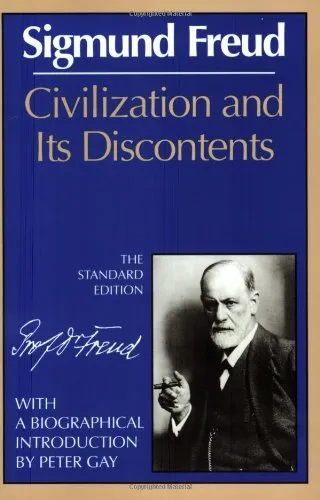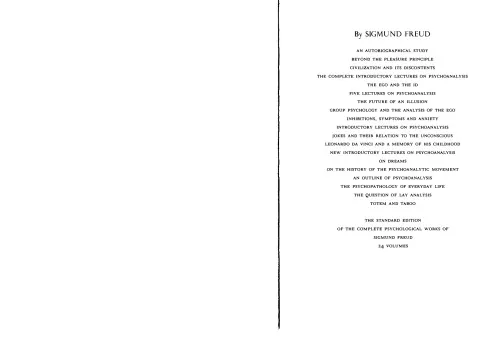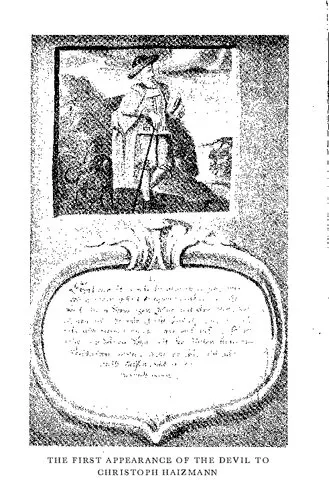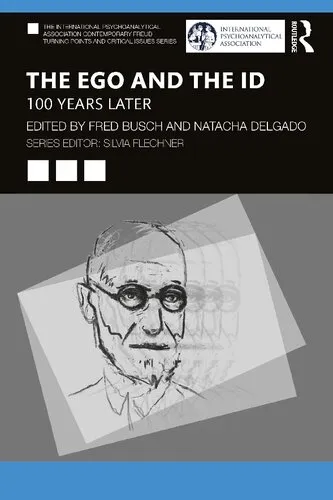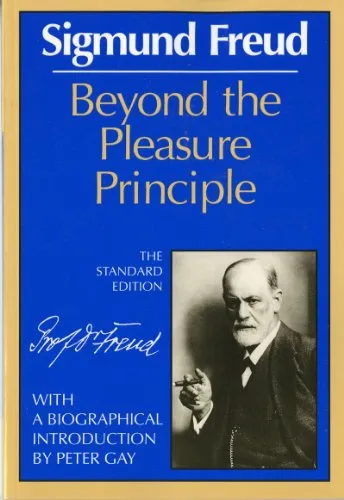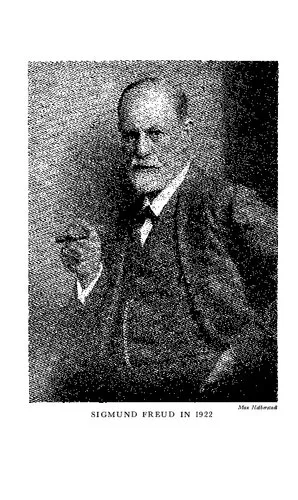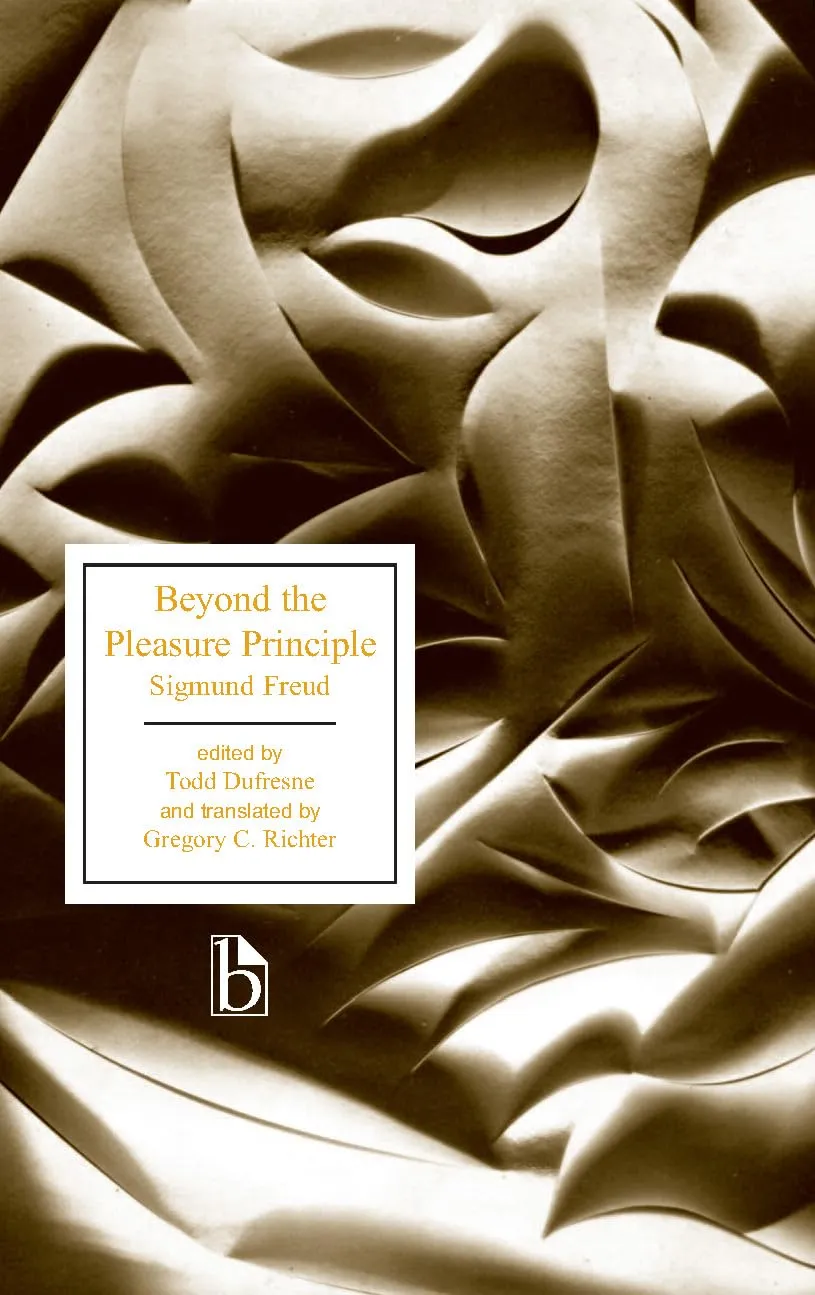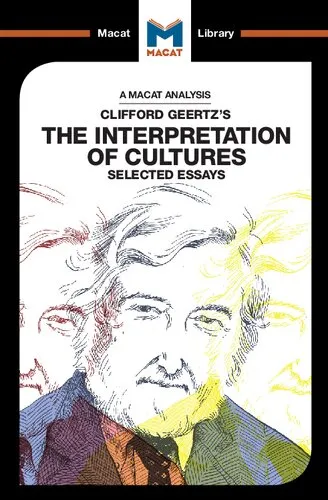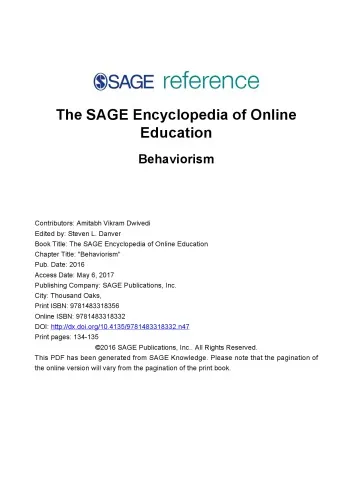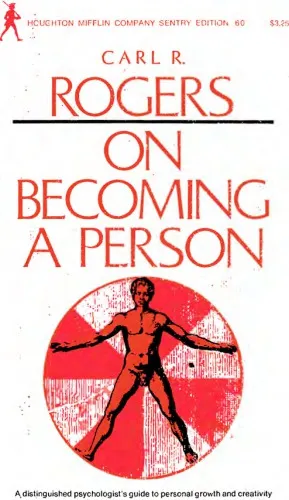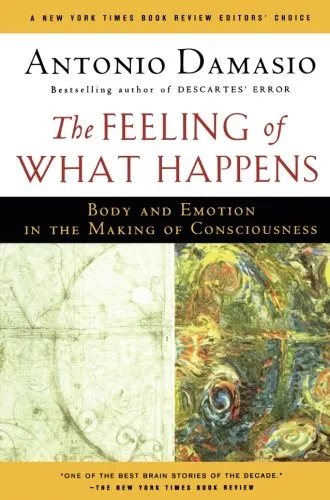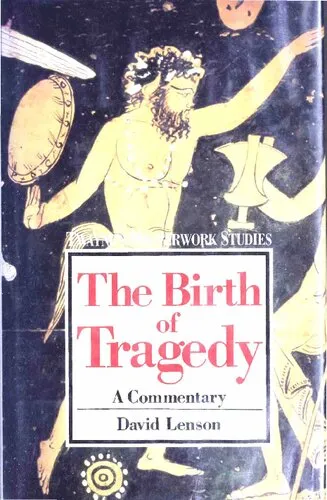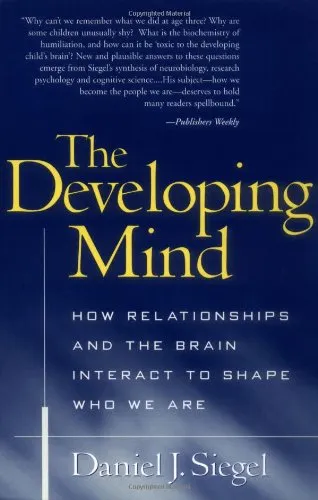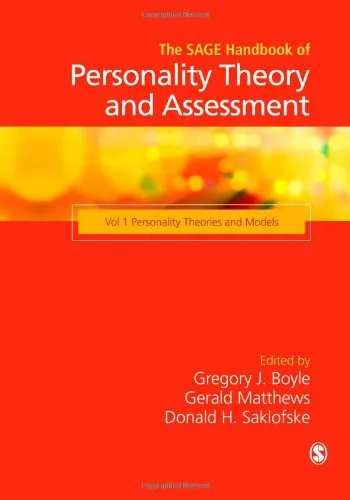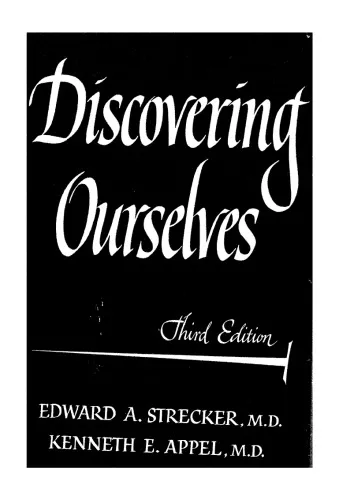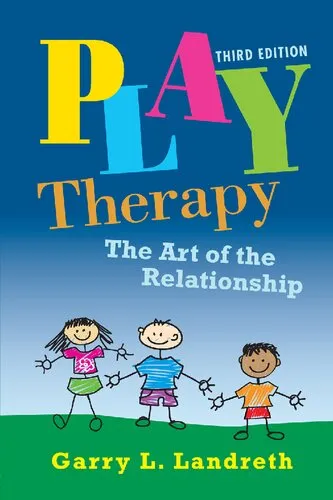An Outline of Psychoanalysis
4.3
بر اساس نظر کاربران

شما میتونید سوالاتتون در باره کتاب رو از هوش مصنوعیش بعد از ورود بپرسید
هر دانلود یا پرسش از هوش مصنوعی 2 امتیاز لازم دارد، برای بدست آوردن امتیاز رایگان، به صفحه ی راهنمای امتیازات سر بزنید و یک سری کار ارزشمند انجام بدینکتاب های مرتبط:
معرفی کتاب
کتاب "An Outline of Psychoanalysis" نوشته زیگموند فروید، یکی از آثار مهم و جامع در حوزه روانکاوی بهشمار میآید که یک نمای کلی از نظریههای روانکاوی را ارائه میدهد. فروید در این کتاب تلاش میکند تا پیچیدگیهای روان انسان را از طریق مفاهیم بنیادین روانکاوی شرح دهد، و این کتاب نقش مهمی در گسترش دانش روانشناختی دارد.
خلاصهای جامع از کتاب
در این اثر، فروید بنیادیترین اصول روانکاوی مانند ساختار شخصیت، نقش ناخودآگاه، و فرآیندهای دفاعی را بررسی میکند. او سه بخش اصلی شخصیت را که شامل id، ego و superego هستند، توضیح میدهد و نقش هر یک را در زندگی روانی فرد مورد تحلیل قرار میدهد. همچنین فروید نظریاتی درباره رویاها، اضطرابها، و مکانیزمهای دفاعی مانند سرکوب و جابجایی بهعنوان راههایی برای مواجهه با تعارضات درونی ارائه میکند.
نکات کلیدی
- مفهوم ناخودآگاه و اهمیت آن در شکلدهی رفتار و اندیشه انسانی.
- توضیح ساختار سهگانه شخصیت که شامل id، ego و superego است.
- نقش فرآیندهای دفاعی در حفظ تعادل روانی فرد.
- بررسی تاثیرات دوران کودکی بر رفتار بزرگسالان.
نقلقولهای مشهور از کتاب
“رویا راه شاهوار به ناخودآگاه است.”
“پیشرفت در روانکاوی نه امنیت میآورد و نه قدرت؛ بلکه بینشی است به جایی که قبلاً مهآلود و مبهم بوده است.”
اهمیت این کتاب
کتاب "An Outline of Psychoanalysis" پایهای مستحکم برای پژوهشها و مطالعات بیشتر در حوزه روانکاوی ایجاد کرده است. با درک مفاهیم و اصول مطرحشده در این اثر، خواننده میتواند به بینشهای عمیقتری درباره روان انسان و فرآیندهای پیچیده آن دست یابد. این کتاب بهویژه برای دانشجویان و پژوهشگران روانشناسی و روانکاوی یک منبع ارزشمند بهشمار میآید و اهمیت آن در تاریخ روانشناسی غیرقابلانکار است. فروید با سبک نوشتاری روشن و تحلیلگر، به تفکر علمی و فلسفی درباره ذهن بشری دامن زده و تأثیر عمیقی بر فرهنگ و دانش مدرن گذاشته است.
Introduction to An Outline of Psychoanalysis
Sigmund Freud's 'An Outline of Psychoanalysis' gives readers a condensed overview of psychoanalytic theory and practice from the father of psychoanalysis himself. This groundbreaking work serves both as an introduction for newcomers and as a comprehensive review for those steeped in the field. It captures the essence of Freud's extensive research, with a focus on the unconscious mind, the structure of personality, and the principles that govern human behavior.
Detailed Summary of the Book
Psychoanalysis, a field forever changed by the contributions of Sigmund Freud, is elegantly encapsulated in 'An Outline of Psychoanalysis.' This book, although concise, touches upon the core aspects of Freud's decades of research. The text begins with a framework for psychoanalytic theory, detailing the construction of the human psyche and the influence of unconscious processes on behavior. Freud delineates the structure of the personality into three distinct entities: the id, ego, and superego. The id represents primal desires, the ego mediates between reality and desires, and the superego embodies moral values. Furthermore, Freud explores the defense mechanisms employed by the ego to manage internal conflicts.
Another crucial area that Freud addresses is the dynamics of the unconscious mind. The text highlights how repressed desires and unresolved conflicts manifest in various ways, influencing our dreams and behaviors. He also revisits the Oedipus complex, emphasizing its significance in the development of personality. Importantly, Freud provides insights into the therapeutic process, detailing techniques such as free association and dream interpretation.
Key Takeaways
- Understanding the tripartite structure of the personality: id, ego, and superego.
- The pivotal role of the unconscious mind in influencing human behavior.
- The significance of defense mechanisms in managing psychological conflict.
- Introduction to key psychoanalytic practices such as free association and dream analysis.
- Freud's exploration of the Oedipus complex and its implications for personality development.
Famous Quotes from the Book
“The aim of psychoanalysis is to strengthen the ego, make it more independent of the superego, to widen its field of perception, and enlarge its organization so that it can appropriate fresh portions of the id.”
“Where id was, there ego shall be.”
“Dreams are the royal road to the unconscious.”
Why This Book Matters
'An Outline of Psychoanalysis' holds a pivotal place within the domain of psychological literature. It distills the essence of Freud's life work into an accessible format, demonstrating his profound impact on the understanding of human behavior. The notions that Freud introduces form the basis of both classical and contemporary psychoanalytic practice. By exploring the depths of the unconscious mind, Freud uncovered layers of human experience that had previously gone unexplored, forever altering the landscape of psychotherapy.
This book is significant because it not only provides a foundational understanding of psychoanalytic concepts but also invites continued reflection and debate about the complexities of human psychology. It is a classic text that has inspired countless practitioners, theoreticians, and scholars to engage with Freud's theories, either in support or critique. For anyone seeking to grasp the underpinnings of psychoanalysis, 'An Outline of Psychoanalysis' is an invaluable resource, offering insights which are as pertinent today as they were at the time of its writing.
دانلود رایگان مستقیم
شما میتونید سوالاتتون در باره کتاب رو از هوش مصنوعیش بعد از ورود بپرسید
دسترسی به کتابها از طریق پلتفرمهای قانونی و کتابخانههای عمومی نه تنها از حقوق نویسندگان و ناشران حمایت میکند، بلکه به پایداری فرهنگ کتابخوانی نیز کمک میرساند. پیش از دانلود، لحظهای به بررسی این گزینهها فکر کنید.
این کتاب رو در پلتفرم های دیگه ببینید
WorldCat به شما کمک میکنه تا کتاب ها رو در کتابخانه های سراسر دنیا پیدا کنید
امتیازها، نظرات تخصصی و صحبت ها درباره کتاب را در Goodreads ببینید
کتابهای کمیاب یا دست دوم را در AbeBooks پیدا کنید و بخرید
1502
بازدید4.3
امتیاز0
نظر98%
رضایتنظرات:
4.3
بر اساس 0 نظر کاربران
Questions & Answers
Ask questions about this book or help others by answering
No questions yet. Be the first to ask!


